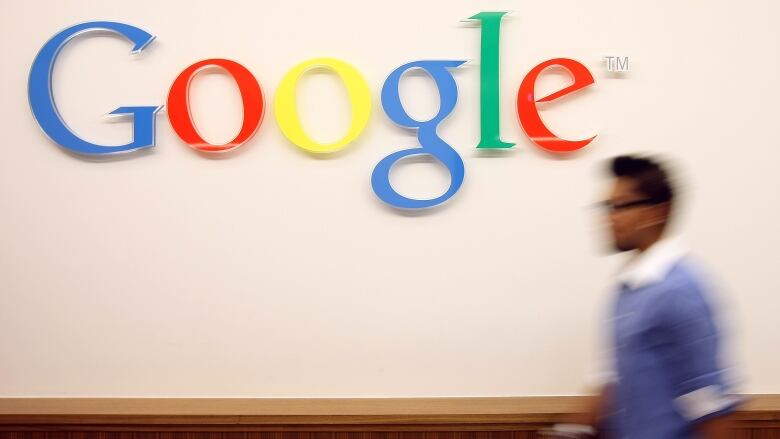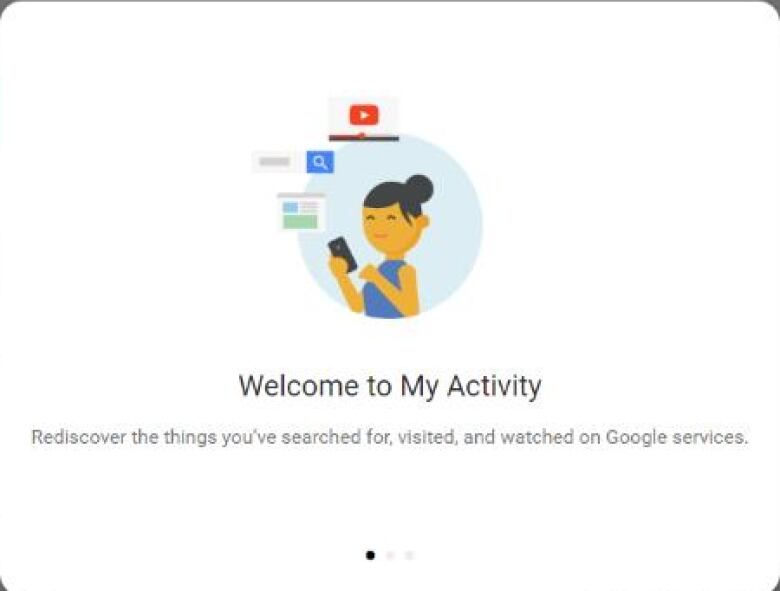What Google's big changes to ad personalization mean for you
Changes will make ads more personalized, but also allows users to opt out and explore online history

Have you ever wondered just how much Google knows about what you do online?
Now there's a way to find out.
It's a new tool called "My Activity",and it appearsat the same timeGoogle is making some significant changes to how it shows you ads.
What changes has Google made?
Google has recently rolled out two major changes which,on a day-to-day basis, could have a pretty big impact on the ads you seeand how your personal information is used to show you those ads.
The first has to do with the new "My Activity" dashboard,which allows you to see everything Google knows about your online behaviourall in one place.
The second is something the company calls "Ads Personalization".The news here is that Google is expanding the way it uses what it knows about you to deliver targeted ads not just the ads you see on Google services, but on more than twomillion non-Google sites as well.
And there's somegood news: adpersonalization is opt-in meaning you have to specifically enable it.
What does "My Activity" let users see?
If you've ever wondered what Google knows about your online behaviours, this is the place to find out.
If you visit google.com/myactivity while you're logged in to a Google account, you will see pretty much everything Google knows about what you do online. That includes things likeyourGoogle searches,your YouTube history, yourGoogle Maps history and ifyou share location data on your smartphoneyou'll see where you've been, geographically.

I went through my own history page, and I have to say the experience was slightly strange, because it was like I was seeing myself through Google's eyes taking a deep breath of my own data exhaust, so to speak.
But if you don't like what you see,"My Activity" also gives you the opportunity to delete your past activity. So if there are searches you don't want on the record, you can remove them.
What's changing about how Google picks theads it shows you?
For a long time now, Google has used the information it knows about you to tailorads on its own services, like YouTubeor Google Search. Those ads are based on your gender, your age range, and what Google knows about how you use the internet. It's been this way for a long time.
But now, Google is expanding the way it uses what it knows about you to deliver ads beyond its own services, and onto more than two million other sites that use Google technology to display ads.CBC.ca, for instance, uses Google AdServices.
Google saysthis will "make ads across the web more relevant for you, improve the relevance of ads on those websites and apps, and improve Google services."
What I particularly appreciate about this change is that it is opt-in meaning you have to go into your settings and explicitly say, "Yes, I want you to use my personal information to make ads more relevant."
This is a much more privacy-friendly approach than if they'd simply changed their policy and made it opt-out.
What do privacy advocates think of this change?
Avner Levin is the directorof the Privacy and Cyber-Crime Institute at Ryerson University. He likes the opt-in idea as well.

"Now you're actually telling people 'you have to actually make this change' which mean that the default would beless intrusive."
The important thing is that users have a choice here. Levinthinks this option, and tools like "My Activity," are steps in the right direction.
So how can I find out what Google knows about me?
First, check out Google's "My Activity" site.
Personally, I was surprised by what I saw. Intellectually, I know that Google tracks a lot of the stuff I do online. But to see it all in one place is really compelling.
Once you've done that, I'd recommend checking out your Google ad preferences.That's where you adjust the settings for how and where your personal information is used to show you ads.
It's also a good idea to do this for each and every Google account you have. For instance, I have a personal Google account and another one for work, and they each have their own settings.
Even if you don't check your ad preferences on your own, Google will very likely remind you to do it. As these changes roll out to all users, Google says it willbe notifying people over the coming days and weeks.












_(720p).jpg)


 OFFICIAL HD MUSIC VIDEO.jpg)
.jpg)



























































































